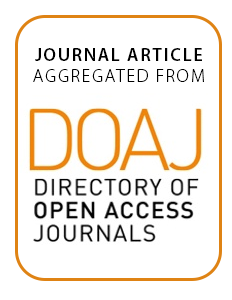Resource information
The present chaotic transformation from the industrial to the global information society is accelerating the ecological,
social and economic unsustainability. The rapidly growing unsustainable, fossil energy powered urbanindustrial
technosphere and their detrimental impacts on nature and human well-being are threatening the solar
energy powered natural and seminatural biosphere landscapes and their vital ecosystem services. A sustainability
revolution is therefore urgently needed, requiring a shift from the „fossil age“ to the „solar age“ of a new world
economy, coupled with more sustainable lifestyles and consumption patterns. The sustainable future of viable
multifunctional biosphere landscapes of the Mediterranean Region and elsewhere and their biological and cultural
richness can only be ensured by a post-industrial symbiosis between nature and human society. For this purpose a
mindset shift of scientists and professionals from narrow disciplinarity to transdisciplinarity is necessary, dealing
with holistic land use planning and management, in close cooperation with land users and stakeholders. To conserve
and restore the rapidly vanishing and degrading Mediterranean uplands and highest biological ecological and
cultural landscape ecodiversity, their dynamic homeorhetic flow equilibrium, has to be maintained by continuing
or simulating all anthropogenic processes of grazing, browsing by wild and domesticated ungulates. Catastrophic
wildfires can be prevented only by active fire and fuel management, converting highly inflammable pine forests
and dense shrub thickets into floristically enriched, multi- layered open woodlands and recreation forests.



